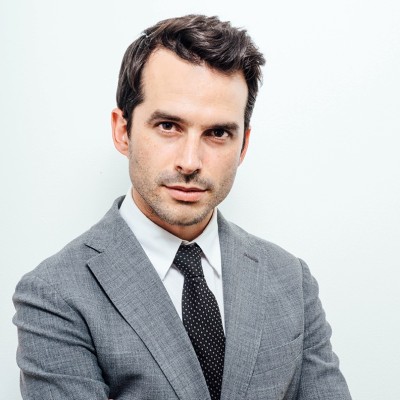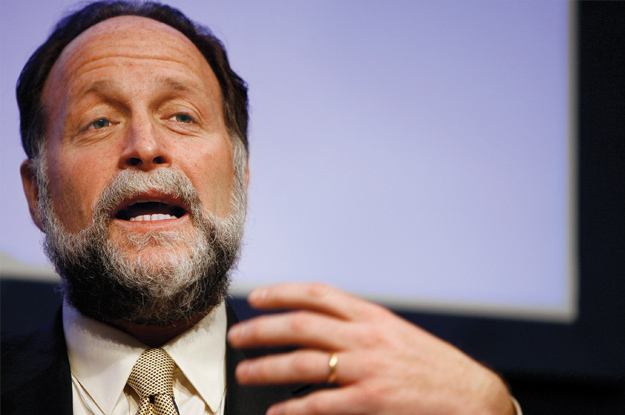This article is from our 2016 feature on Latin America’s Top 5 academics. See the rest of the AQ Top 5
Ricardo Hausmann, director of Harvard University’s Center for International Development, has advised more than 50 countries on developing successful growth strategies. Ironically, the country that could most use his help is his own: Venezuela. Hausmann, 59, served as Venezuela’s minister of planning (1992–1993) and on the Central Bank of Venezuela’s board. The paradox is hard to miss. In the more than two decades since leaving, Hausmann’s scholarship and theories have catapulted him to the front ranks of global economists. But he now watches from the sidelines as Venezuela, currently the world’s worst-performing economy, spirals downwards.
His emphasis on exploiting what he calls “collective know-how,” or job skills , has helped countries like Colombia, Mexico and Peru shield themselves from the recent decline in commodities prices. But instead of following Hausmann’s advice, President Nicolás Maduro has chosen to vilify him and other Venezuelans living abroad as economic saboteurs.
Hausmann won international attention with an approach to development that stresses an economy’s competitive advantage. He advises countries to identify areas where they can excel in the global market and then to focus their resources and skills on those areas. This approach rejects the one-size-fits-all prescriptions of many of his peers. “The secret to development is the ability to implement technologies” for producing and manufacturing, Hausmann said.
That involves both skills training and work experience to harness the collective knowledge of every worker and help an economy diversify sustainably. For Hausmann, there is a correlation between an economy’s level of diversity and its amount of skills knowledge. This poses a challenge for undiversified nations, as new skills cannot spread without new jobs to implement them.
Hausmann developed the concept of what has been called “growth diagnostics” through years of applied experience. He served as chief economist at the Inter-American Development Bank (1994–2000) before joining Harvard’s John F. Kennedy School as professor of the practice of economic development.
The approach is particularly apt for Latin America, explained Hausmann, noting that the region has too often developed natural resources before new skills. Chile, for example, has extracted copper for more than a century, but still requires foreign direct investment from newer copper producers, like Australia, because it needs their know-how. Hausmann called this mix of capital and know-how “dark matter,” and said Latin America is a net importer.
Hausmann has kept abreast of developments in Venezuela and noted there isn’t a single economist in the country’s current cabinet — unlike, he pointed out, the rest of the region. But he remained hopeful. “I remain optimistic for Venezuela; (the crisis) is manmade.”
—
Zubillaga is director of public policy programs at AS/COA, where he heads the Venezuela working group.






